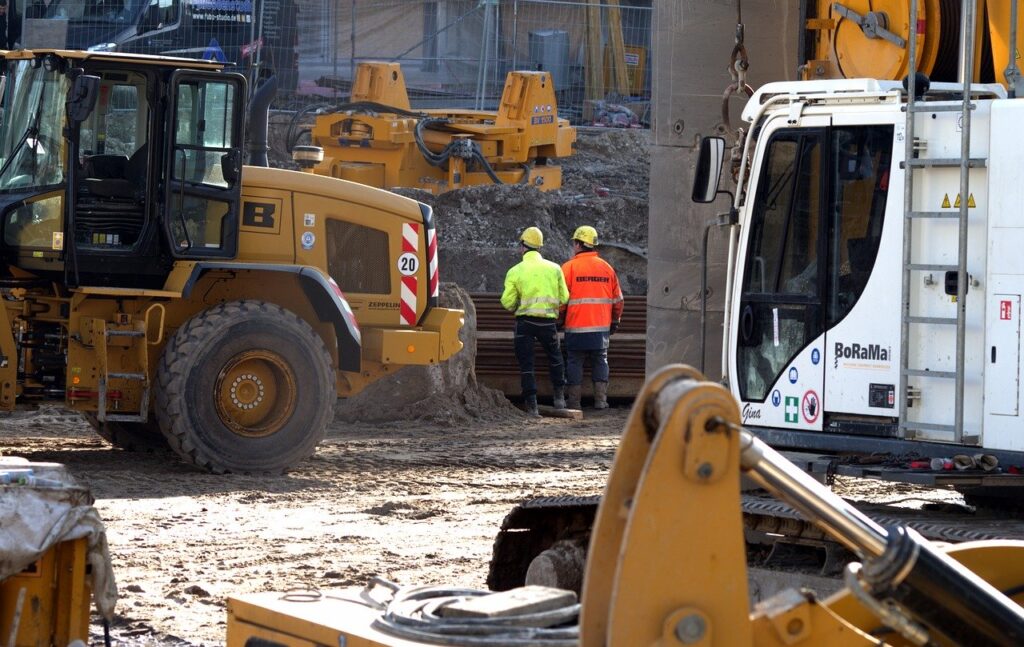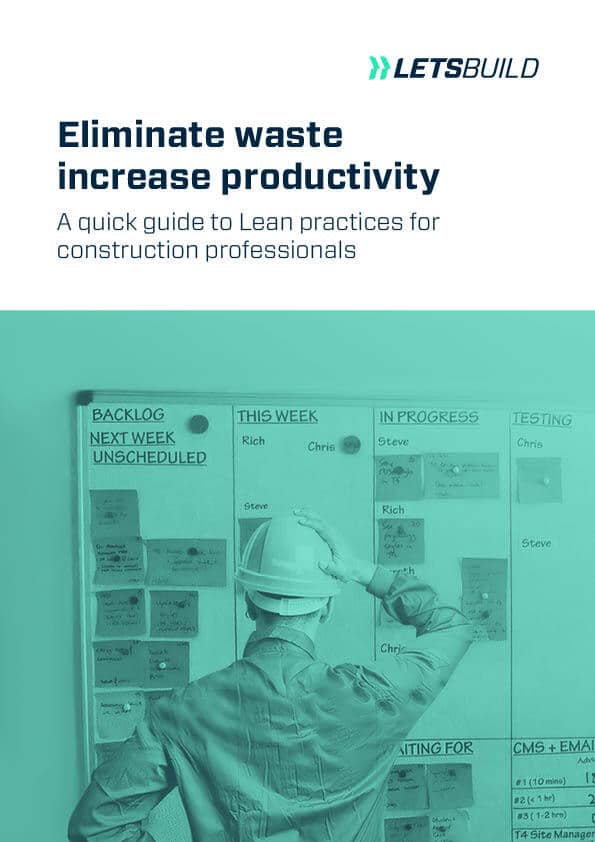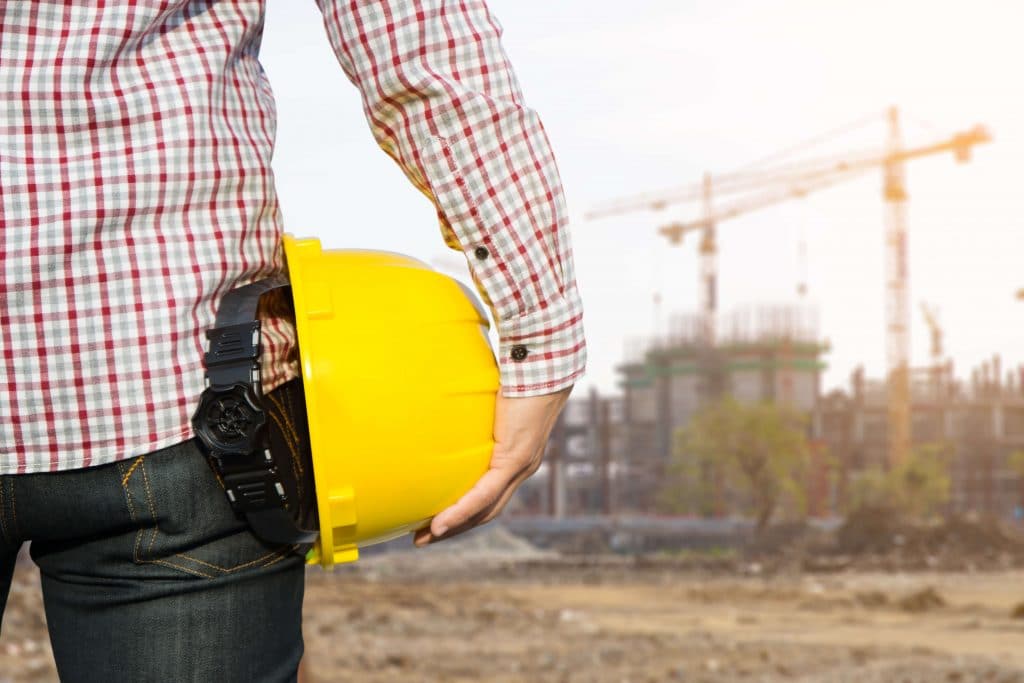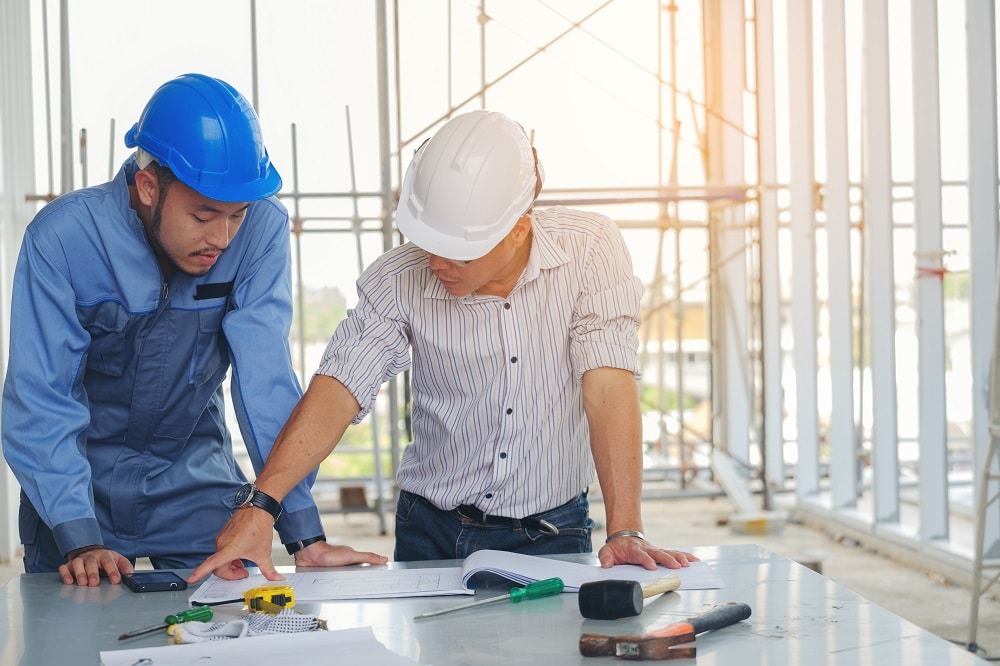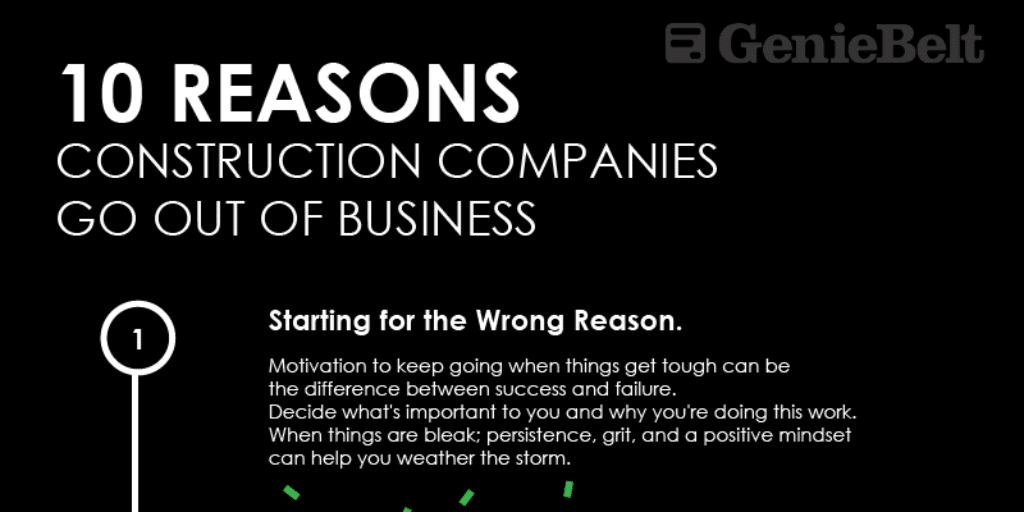What are the responsibilities of a project manager in construction?
- Planning
- Hire, fire and supervise
- Set goals
- Deliver on time
- Stay on budget
- Keep client and your boss on the loop
- The dispute manager
- Draft contracts
- Manage risks
Not all construction project managers know what they do all the time. Sometimes, they get too overwhelmed with so many tasks and with the multiple stakeholders they have to communicate with.
The construction project manager is the key figure of the construction project team. Without the project manager, the team will fail hard. Imagine what would happen if the project manager doesn’t know what to do with the team?
Read more: Quick guide to Lean practices for construction professionals
This article is written to show both present and future construction project managers on what to pay attention to. Developing the following key responsibilities will allow them to manage the teams and the overall project better. These skills will also help individual project managers further their careers.
1. Planning
The construction project manager not only needs to plan his work but also lay out the tasks for his team. A thorough project manager needs to forecast and determine the work that needs to be done for the proposed project. A project manager’s responsibilities include:
- Preparing work for the whole team
- Estimating costs
- Developing deliverable schedules as a roadmap for the construction team
- Following the project in case there is a need to handle or supervise some tasks
- Reviewing the project in depth to determine if everything is done according to plan
Recently, lots of helpful and handy (smart) tools have been developed to help the project manager do a better job.
2. Hire, fire and supervise
The project manager is considered the boss on the construction site. The project manager is responsible for getting the right people to handle all the tasks for a single project. Hiring and firing people are probably the hardest things to do. Supervising comes as the cherry on top – this part sometimes gets a little difficult and complex because of the need to pay attention to the details that someone in the team has missed. The project manager has to do all the coordinating and directing the construction workers.
3. Set goals
Setting goals is what the construction project managers often forget about. It’s one of the most important responsibilities that the project manager usually end up skipping.
The project manager needs to set specific goals signed by the client and do everything to meet the goals. On top of that, the PM is in charge of reviewing the contractual conditions of performance, determining the precision of the work, handling requirements and deliverables, etc. The goals establish how many workers and types of supplies are needed. Project managers who got everything ready with set goals usually end up being the most successful ones.
4. On time
There are several construction project managers I’ve worked with in the past. They were always on time. The project was completed even ahead of time. I still collaborate with the same people. It was a difficult path I needed to walk to find them. The previous construction project managers were always a week or month late with one single project and that’s unacceptable.
A job comes with a specific set of constraints and objectives. There is a huge time frame in which everything needs to be ready. Time is crucial because there are many penalties included against the builder if the project is late.
5. Stay on budget
Construction projects are commercial endeavours. As the project manager, you need to keep the money in mind while planning the whole project and work. The key is in estimation. There are software that could help you get the job done more effectively.
When the project starts, you are the one who needs to make sure the crew doesn’t go above the budget. See costs, estimate, compare and cut unnecessary costs to stay within budget limits.
6. Keep client and your boss on the loop
No one is on the construction site except you and your team. The project manager is the boss, but he has someone above him. Most of the project managers do things on their own. They forget that they need to update the client and his boss about the progress of the project. Or, the thing that I hate the most, they hide things from the client/boss when something is not going according to plan. The project ends up with a huge failure because of that.
Free ebook: How to improve productivity on your construction site
Keeping your boss and client in the loop means giving them daily or weekly reports of the job status, equipment, policies and upcoming procedures with all the issues that came from the work. If an issue comes up, the project manager’s work is to inform all parties with how this will affect timing, extra costs and how he plans to fix/adjust that.
7. The dispute manager
Playing the role of a project manager is probably the same as playing a dispute manager. Putting everything under control is a key. Sometimes it requires you to be the judge who will bring order in the courtroom (construction site).
The construction project manager resolves many disputes that could come on his construction site. Disputes could come in different forms:
- Between fellow construction workers
- Subcontractors
- The client
- Third parties
- Within the project management team
An unresolved dispute could lead to failure. A smooth engine needs all its features to run smoothly! The key to successfully resolving issues is to “nip the disagreement in the bud”. You need some clear preventive measures and a mechanism to resolve conflict fast and steady!
8. Draft contracts
All the work that needs to be done in the project should be written in a draft contract. That’s the contract between the owner and builder. That’s the contract all construction project managers know about. However, there are more that need to be handled by the PM.
I’m talking about the draft contracts with:
- The architects
- Materials suppliers
- Subcontractors (electricians, carpenters, heating and cooling professionals)
- Other third parties involved in the project
Keeping all these parties covered with draft contracts is important for completing the whole puzzle called construction project.
9. Manage risks
This is more like a skill every successful project manager needs to have. It was really hard for managers to manage risk. Now there are software helpers that could help him do that more efficiently. Knowing the possible risks and informing the builder and client about that, can reach a mutual agreement of how this risk could be handled or shared.
10. Other responsibilities
Last but not least, here are a few other responsibilities that will make a successful construction project manager:
- Plan and arrange visits to new potential clients
- Ensure every client receives enough support and establish an unbreakable relationship
- Develop contacts with senior staff, directors and other influential people around you
- Coordinate support and do the training
How do you become a construction manager?
Most construction managers usually have academic backgrounds in construction engineering, building science, construction science, or more generic degrees like engineering, architecture, and mathematics. If you don’t have these degrees, don’t fret.
You can get courses in project control and management, design, building codes and standards, construction methods and materials, and other related areas that would provide you with an understanding of the construction industry and its needs.
In other parts of the world, an associate degree in construction management coupled with work experience also is a great foundation. For those with no academic degrees, work experience is fundamental. Other countries value the apprenticeship route, wherein the candidates go through all the minor roles in the scope of project management and climb up the career ladder.
Certifications are another way of gaining knowledge and credentials as a candidate to be a construction project manager. For instance, in the United States, the American Institute of Contractors and the Construction Management Association of America offer certificates for construction project management.
The role of a construction project manager is getting more specialised and critical as the industry transitions into a digitalised era. Even with all the automation, the construction manager’s role is here to stay to bridge construction knowledge with technology.
What is the difference between a project manager and a construction manager?
Although casually used interchangeably, a project manager is completely different from a construction manager. The project manager oversees the entire project starting at the initial planning up until completion and handover. The project manager is the one responsible for ensuring that the project is delivered on time and on budget, which involves them in marketing, client meetings, and administrative tasks other than the construction phase.
The construction manager, on the other hand, is the one in charge of supervising and managing the entire construction phase and all construction processes on a project. The construction manager’s primary responsibility is ensuring that the building project is meeting the agreed standards and technical requirements and is within budget. The construction manager is also the link to managing subcontractors, project personnel, and making sure that the project is compliant with building codes and regulations.
Project managers usually have a bigger scope of management and oversight than construction managers, and both jobs are significantly crucial to completing a project successfully.
Complement this useful article with an informative piece on the basics of construction project management and download for free our ebook on how how to digitise your construction processes and finally meet your objectives of deadlines, budget and compliance.

